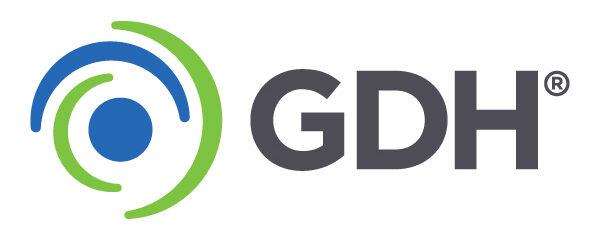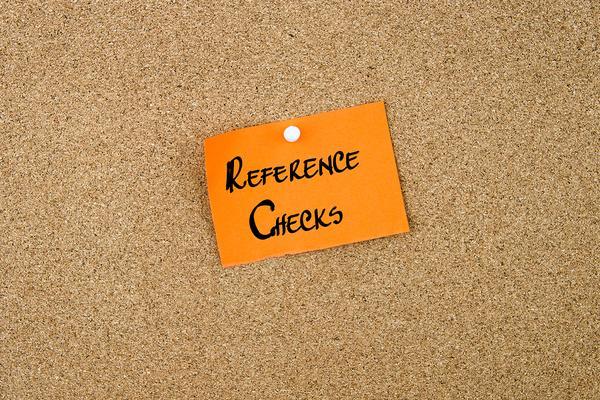IT Staffing in Focus: Top 7 Questions to Ask During a Reference Check
Reference checks give the hiring team a chance to talk to people who have worked with or supervised a candidate. Sometimes, reference checks are limited to verifying employment details given on a resume or application. However, in most cases hiring teams can get more detailed information about the candidate by asking good questions during a reference check.
Reference Check Best Practices
When checking references, here are some dos and don’ts to follow.
Full disclosure. Let candidates know ahead of time that you will be checking references. This helps with honesty during the interview process and helps them know what to expect.
Have the supervisor do it. Reference checks are best done by the person who will supervise the new hire, since they best know the criteria they would like for the position.
Be consistent. If you’re going to check one candidate’s references, you need to check them all. Checking some but not others can be seen as discriminatory.
Ask the candidate. During the interview, ask the candidate what references would say about them, if asked. This can give you a starting point when you do conduct a reference check, i.e. “Greg says you would characterize him as a reliable worker and natural leader. Would you agree?”
Here are the top questions to ask during a reference check.
1. Is the candidate reliable and dependable?
There’s really no way to demonstrate on a resume that a candidate shows up to work faithfully and on time, completes projects on deadline, and otherwise shows reliability and dependability. This makes it a perfect question to ask references, reassuring that you won’t encounter any unexpected surprises after you hire a particular candidate.
2. Would you recommend this candidate?
It’s easier to be indirect about a candidate’s qualifications and performance when asked about specific qualities and accomplishments, but asking for a straightforward recommendation will get to the heart of the matter—whether the reference thinks the candidate is a good worker or not. Even a hesitation when answering this question should be considered less than a ringing endorsement and could raise a red flag.
3. How would you rate the candidate on a scale of 1 to 10?
A rating of eight or higher usually indicates endorsement, while a rating under eight may indicate that the reference is being overly generous and actually rates the candidate even lower.
4. Would you rehire this candidate?
This question indicates how satisfied the reference was with the candidate’s work (if talking to a supervisor). Anything less than a “yes, absolutely!” shows less than complete satisfaction and may signal that there were problems with the candidate’s work, even if they are not expressly talked about during the reference check.

5. Why did the candidate leave the company?
This question should match up with what the candidate said in an interview about why they left. If it does not, further explanation may be needed before the candidate is hired.
6. Where might the candidate need help or support in the first 90 days?
This question might expose a huge red flag that could make you reconsider hiring the candidate. But more than likely, it may give insight into how to best onboard and supervise the candidate to make for a smooth transition if you do decide to hire them.
7. Is there anyone else I should speak to?
While it’s best to notify the candidate before speaking to references, it is possible to let them know you will be talking to additional people identified by the initial reference checks, if you think it’s important to do so.
These questions will help you identify exceptional candidates and weed out those with responses that may be questionable. Keep in mind that candidates provide these references as people who they think will endorse them, so anything less not only means the candidate may not be as skilled as they seem, but that they have also misjudged their references’ opinion of them.
What NOT to Ask in a Reference Check
Questions about an applicant’s age, whether an applicant has children, or an applicant’s religious affiliation, among others, should not be asked during a reference check. Any question that could lead to hiring discrimination is a no and should be avoided.
While you can ask whether there is anything negative about the candidate that you should know before hiring them, in-depth fishing for negative information about the candidate should also be avoided.
FAQs
What happens during a reference check?
A prospective employer contacts the people listed in an application as references to find out information about previous employment and whether the reference would recommend the applicant for the position. Some references will be perfunctory and fact-based, while others will offer detailed information about the applicant.
How to do a reference check for someone?
Most reference checks are conducted over the phone. The person doing the reference check calls the reference, verifying information about the candidate and their employment history, then asks questions about the candidate’s performance in a previous job and whether the reference would recommend hiring the candidate and why. That said, there are other ways to conduct reference checks such as via email, through online forms, or even via video chat.
What are the red flags on a reference check?
Red flags can include confusion about who the applicant is, job history information that conflicts with what the applicant submitted, or a reluctance to recommend the applicant along with negative feedback about their previous performance. Another red flag is a too-glowing recommendation, which can indicate a lack of knowledge or an unwillingness to divulge negative information.
Need help conducting interviews, reference checks or any other part of the recruiting and hiring process? Contact GDH for information about how we can help your company recruit and hire better.







